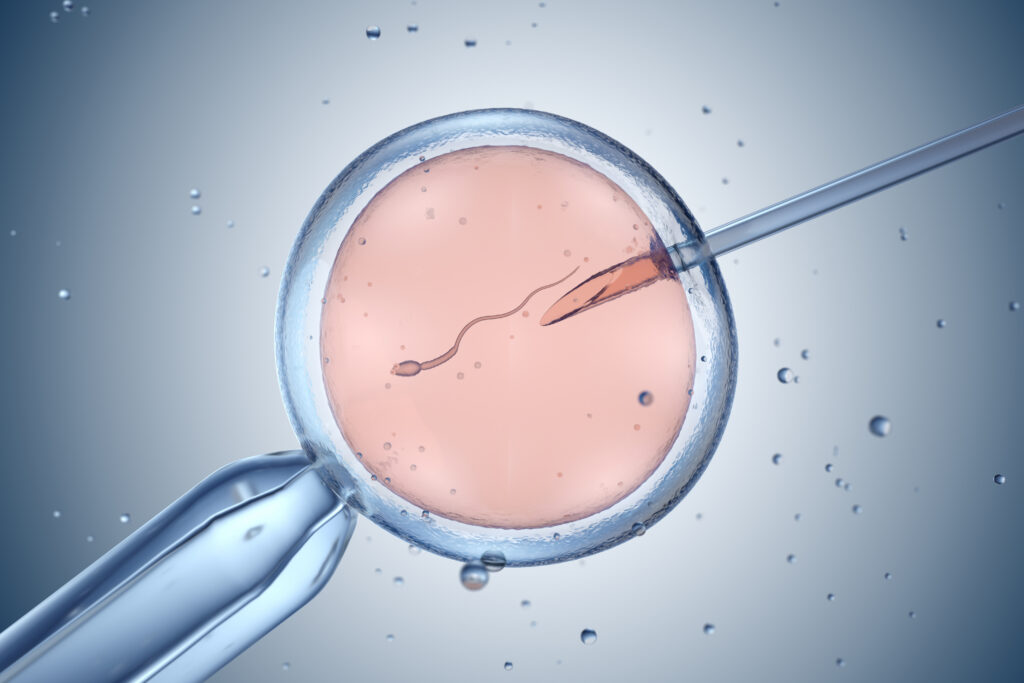Wiser Investment: Non-Embryonic Stem Cells Receive Millions from Maryland Fund
The state of Maryland is home to the Johns Hopkins University School of Medicine, one of the country’s leading stem cell research programs.
Maryland is also one of a handful of states to provide public funds for stem cell research, through its Maryland Stem Cell Research Fund (MSCRF). The MSCRF first started distributing grants in 2007. As previously noted on this website, early grants from MSCRF tended to favor research utilizing human embryonic stem cells (hESCs); relatively few went to research utilizing ethically non-contentious adult stem cells.
But, as also noted on this website (here and here), that pattern of funding gradually shifted, so that by 2013, adult and other non-embryonic stem cell research projects were taking the lion’s share of grants issued. In that year, 90% of grants (28 of 31 issued) went to non-embryonic stem cell research projects. Only one went to research using hESCs. That continued to hold for 2014 and 2015. In 2014, 83% of the 30 projects funded were for non-embryonic stem cell research, and in 2015 that number was 86%.
In 2017, the MSCRF issued its annual report for 2016, detailing, among other things, the nature of the research projects that received MSCRF funding.
The pattern of favoring non-embryonic research programs again held. In 2016, of 26 programs receiving funding, 22 utilized non-embryonic, adult, induced pluripotent and cord blood stem cells. Only one project used hESCs exclusively, while the remaining used both embryonic and non-embryonic stem cells. The proportion of grants to projects using only non-embryonic stem cells amounted to 84% of the total.
The total amount of the awards granted was $8.2 million. The amount granted to non-embryonic stem cell research was just under $7.7 million – over 90% of the total granted.
Moreover, the versatility of non-embryonic stem cells is displayed in the wide variety of diseases and conditions researchers are addressing in the research projects that received funding. These include cardiac failure, wounds from diabetes, mental disorder such as schizophrenia and autism, muscle damage, muscular sclerosis and retinal damage, among many others.
Many of the therapeutic promises from human embryonic stem cell research over the past two decades may now be beginning to come true.
With one big difference.
The promise is being realized not with hESCs, but with ethically non-contentious non-embryonic stem cells.
Gene Tarne is Senior Analyst for the Charlotte Lozier Institute.

























